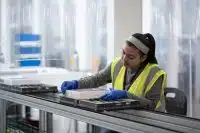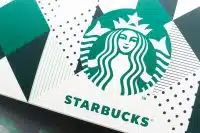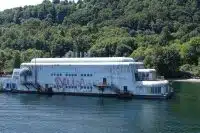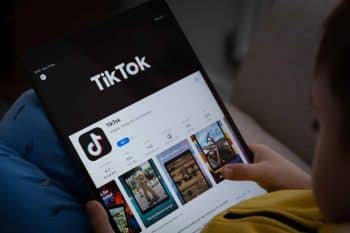Home » Bizarre Lawsuits • Spotlight • US business news » Five Times Big Companies Made Businesses Change Their Names
Five Times Big Companies Made Businesses Change Their Names
https://www.whatjobs.com/news/usa/us-business-news/five-times-big-companies-made-businesses-change-their-names

By Hugh Fort in Bizarre Lawsuits, posted February 20, 2024
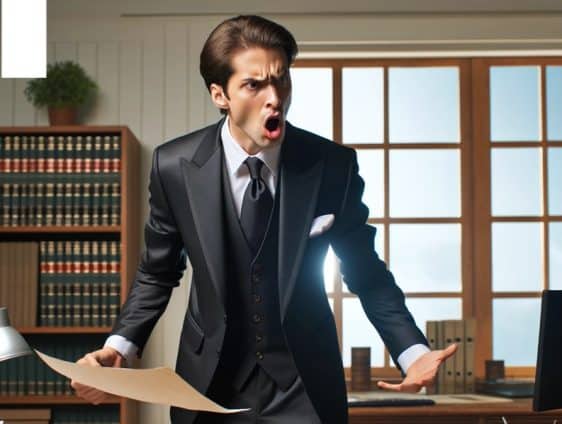
Businesses take their trademark incredibly seriously, which means their lawyers are prepared to get very heavy on anyone they see plagiarizing their product.
Lawyers are well-known for lacking any kind of sense of humour over smaller businesses started with a "joke" version of their name.
Products that have been given the same or similar names have also been stopped in the courts.
One example occurred when a Canadian teenager felt the full might of the Microsoft legal team after he registered the domain name "MikeRoweSoft".
Here are more examples of big companies forcing smaller ones to change their names.
Monster Energy vs. Vermonster Beer
Monster Energy, known for its energy drinks, has been involved in several legal disputes over trademark issues.
One notable case was against Rock Art Brewery's "Vermonster" beer.
Monster Energy argued the name was too similar to its own and could cause confusion.
The case garnered public attention and was eventually settled with Rock Art Brewery keeping its name.
Need Career Advice? Get employment skills advice at all levels of your career
McDonald's vs. McCurry
McDonald's has a long history of protecting its brand and trademarks globally.
In Malaysia, McDonald's sued a local restaurant named McCurry for trademark infringement, claiming the "Mc" prefix could confuse customers.
McCurry actually stood for "Malaysian Chicken Curry".
McDonald's said the "Mc" in the name could confuse customers and make them think the company was something to do with McDonald's.
After a lengthy legal battle, the Malaysian Federal Court ruled in favor of McCurry in 2009, allowing the restaurant to keep its name.
Judges decided there was no likelihood of confusion between the two brands.
This was because McCurry sold Indian food, which was distinctly different from the Western-style fast food offered by McDonald's.
Apple Inc. vs. Apple Corps
This dispute between two giants in different industries - Apple Inc. (technology company) and Apple Corps (The Beatles' record company) - lasted for decades.
The core issue was trademark infringement across different sectors.
The disputes were finally settled in 2007, with Apple Inc. purchasing Apple Corps' trademarks and then licensing them back.
Starbucks vs. Sambucks Coffee
Starbucks, the global coffeehouse chain, went after a small Alaskan café named Sambucks Coffee for trademark infringement.
The company argued the name and logo of Sambucks were too similar to its own, potentially confusing customers.
The case was settled, with the small café agreeing to change its name and branding.
Burger King vs. Burger King
During its expansion in the 1970s, Burger King was looking to enter the Australian market.
However, the fast food giant encountered a problem due to the fact a company called Burger King already existed.
This meant the American Burger King had to change its name, meaning its restaurants in Australia were called "Hungry Jack's."
Hungry Jack's restaurants started to open in 1971 and expanded across the island.
Everything was the same as a Burger King except the name
However, the U.S. company kept fighting.
It first tried to terminate the Hungry Jack's name and open Burger King restaurants.
This led to another battle it eventually won and Hungry Jack's became Burger King in Australia.
Follow us on X, LinkedIn, and Facebook





